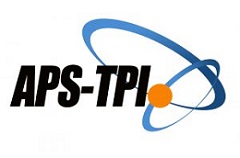The Influence of Audio Flashcard Media on Vocabulary Mastery in Children with Speech Delay Aged Four Years
Abstract
Speech delays in four-year-old children can have a significant impact on their language development and well-being. This research, therefore, aims to determine the effect of audio flashcard media in improving vocabulary mastery in children with speech delay aged four years. This research used a quantitative approach with a single subject research (SSR) type of research and employed an A-B research design. The subject in this study was a four-year-old child with speech delay who was identified as not having mastered much vocabulary well. Data on vocabulary mastery abilities in the baseline and intervention phases were obtained through observation. Data analysis used descriptions of images obtained from graphic analysis by paying attention to changes in levels or trends. Changes in the stability of the intervention phase (B) and baseline phase (A) exhibited changes in the stability trend from variable to variable. The change in the level of the baseline phase condition (A) in the last session (82.5) and the first session of the intervention condition (B) was (70). It can be concluded that the change in level in the intervention phase (B) to the baseline phase (A) was an increase (+12.5). The research results indicate that changes in levels or trends have increased. This denotes that providing learning using audio flashcard media influences children's ability to master vocabulary, and the use of audio flashcard media can be an effective method in helping children who experience speech delays to develop their vocabulary
Keywords
Speech Delay; SSR; Media Audio Flashcard; Aged Four Years
Full Text:
PDFRefbacks
- There are currently no refbacks.





.png)













